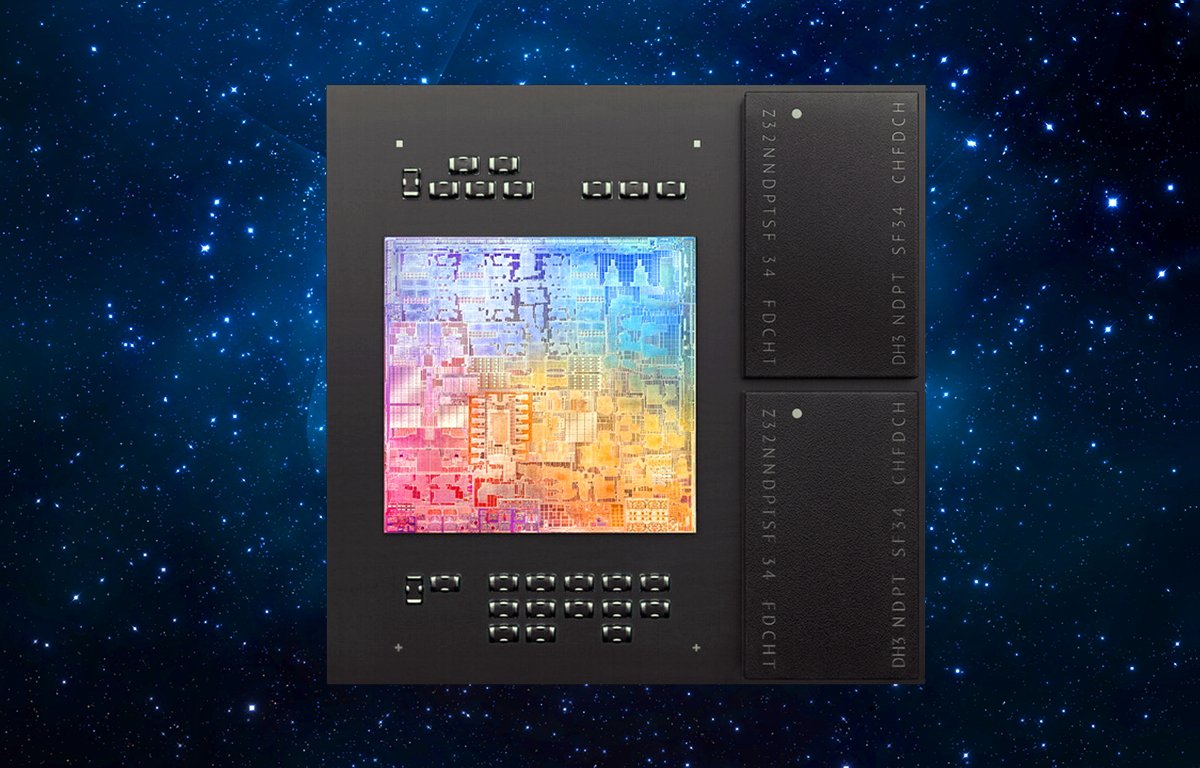wayne_rowley
Active Member
I use Macs and PCs and overall I prefer Macs. That's fine, I'm allowed to have preferences. In particular I've been using Macs for music composition since I returned to the hobby over 8 years ago. My current music rig is an Intel Mac Mini i5 with 32GB of RAM. It works fine, but it's starting to struggle at times and I'll likely look to replace it in 2024.
AS based Macs are awesome. Fast, quiet and very power efficient. I have an M1 Air for general computing. It's great! But, Apple, why or why do you assume that ONLY power users want a lot of RAM!
I'm not a professional musician. This is hobby for me, and while I'm not against spending money to pursue it, any spend has to be balanced against my needs and the needs of the household.
But your AS product line forces me to look at high-end professionals models to get the RAM count I need for sample libraries.
I don't need an M1/2/3 Max. I don't do any significant graphics work. Compared with my lowly i5 a base M1/2/3 would be more than adequate for my needs. But I need more than 16/24GB of RAM for my sample libraries. I really do. Why then does Apple have to couple high RAM amounts with top-end processors only?
If I was a PC user I probably wouldn't need more than a 14600K/7700X. But I could pair one of those with 64GB+ of RAM very easily. I could stick 64GB in my current Mini if I wanted... It's very frustrating.
I don't want to switch to PC. I don't want the lottery of compatibility issues with hardware or the risk that a Windows Update I can't prevent will break something. I don't want to spend the time learning a new DAW and then porting all my work across.
So I'll likely end up getting a refurbished M2 Pro Mini with 32GB and make do.
Rant over.
Wayne
AS based Macs are awesome. Fast, quiet and very power efficient. I have an M1 Air for general computing. It's great! But, Apple, why or why do you assume that ONLY power users want a lot of RAM!
I'm not a professional musician. This is hobby for me, and while I'm not against spending money to pursue it, any spend has to be balanced against my needs and the needs of the household.
But your AS product line forces me to look at high-end professionals models to get the RAM count I need for sample libraries.
I don't need an M1/2/3 Max. I don't do any significant graphics work. Compared with my lowly i5 a base M1/2/3 would be more than adequate for my needs. But I need more than 16/24GB of RAM for my sample libraries. I really do. Why then does Apple have to couple high RAM amounts with top-end processors only?
If I was a PC user I probably wouldn't need more than a 14600K/7700X. But I could pair one of those with 64GB+ of RAM very easily. I could stick 64GB in my current Mini if I wanted... It's very frustrating.
I don't want to switch to PC. I don't want the lottery of compatibility issues with hardware or the risk that a Windows Update I can't prevent will break something. I don't want to spend the time learning a new DAW and then porting all my work across.
So I'll likely end up getting a refurbished M2 Pro Mini with 32GB and make do.
Rant over.
Wayne






